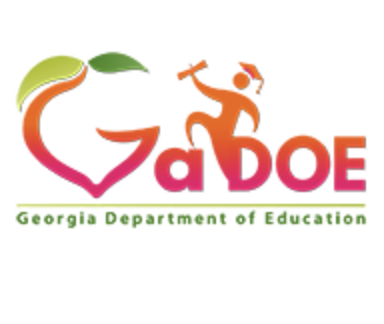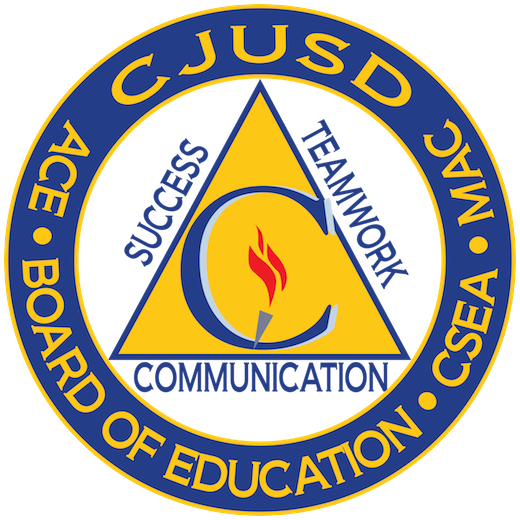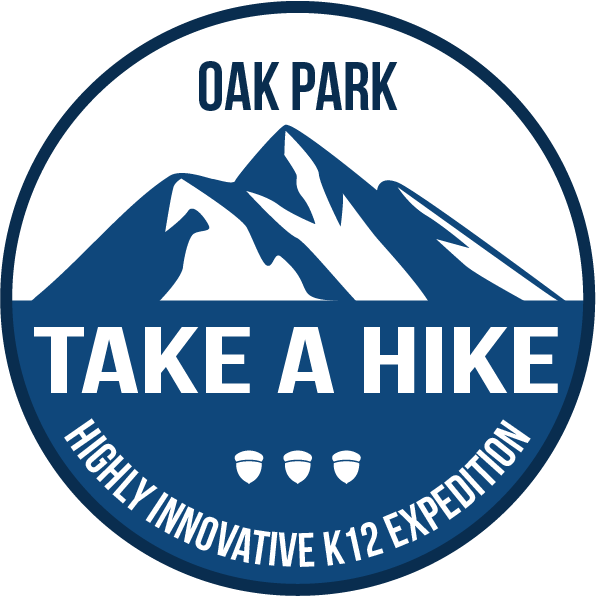UDL: Action and Expression - Physical Action
Learning Activity
A textbook or workbook in a print format provides limited means of navigation or physical interaction (e.g., turning pages, handwriting in spaces provided). Many interactive pieces of educational software similarly provide only limited means of navigation or interaction (e.g., using a joystick or keyboard). Navigation and interaction in those limited ways will raise barriers for some learners—those with physical disabilities, blindness, dysgraphia, or who need various kinds of executive functioning supports. It is important to provide materials with which all learners can interact. Properly designed curricular materials provide a seamless interface with common assistive technologies through which individuals with movement impairments can navigate and express what they know—to allow navigation or interaction with a single switch, through voice activated switches, expanded keyboards and others. (udlguidelines.cast.org)
In this activity, we will dive deeper into the UDL Framework Guideline, Access and Expression and learn more about providing options for Physical Action.
Visit the UDL Framework CAST site and read the two checkpoints for Physical Action under Action and Expression.
Resources
More Universal Design for Learning (UDL) Activities
Quickly deploy Universal Design for Learning (UDL) lessons to your entire district.
Top districts trust Alludo to train teachers and staff






